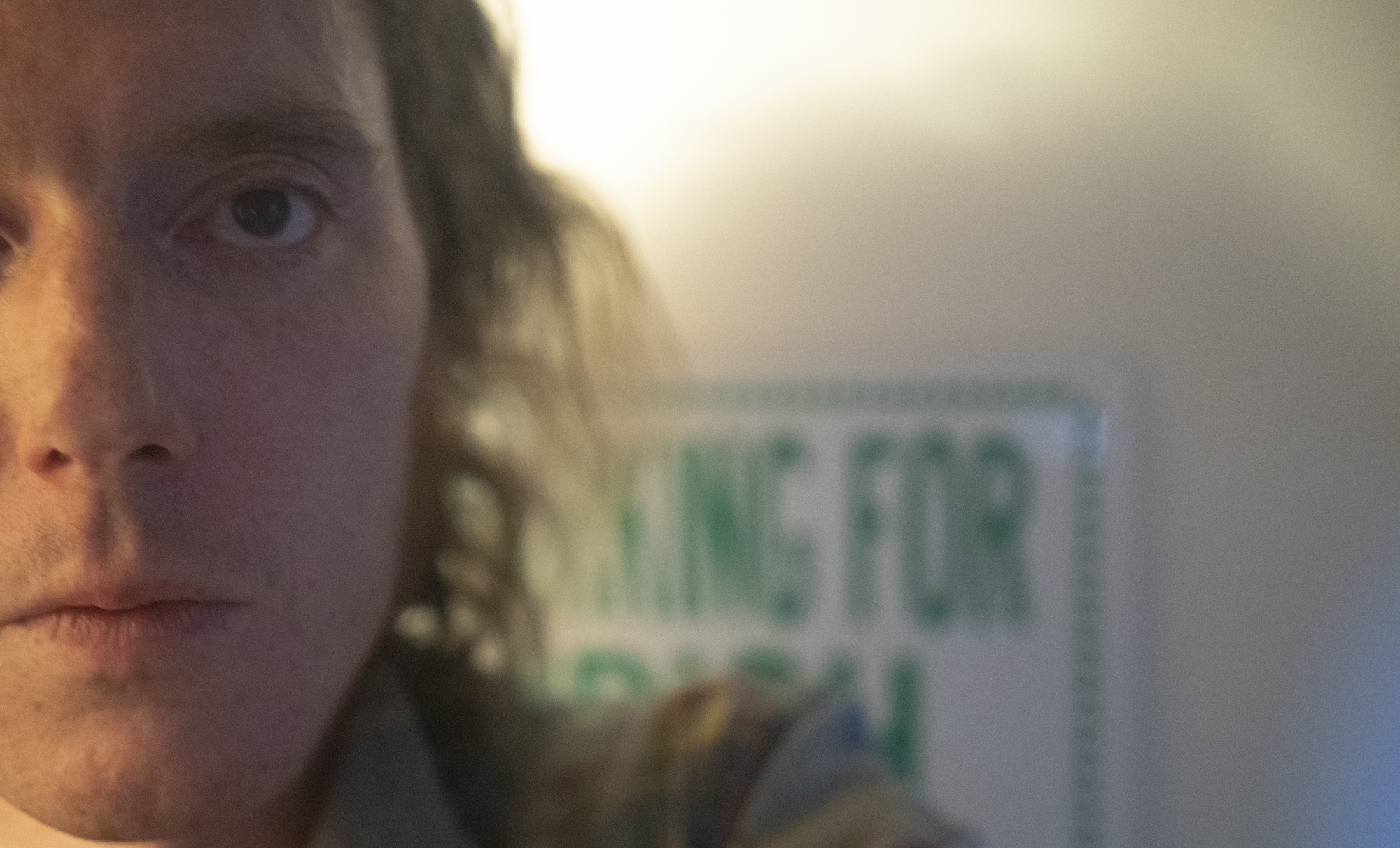Jason Albertini’s long career as a jack-of-all-trades in the lo-fi/slacker rock department may not be known to all, despite his very serious credentials. But rest assured, his track record is impeccable: if Albertini’s recent gig playing bass for Built to Spill under Doug Martsch means nothing to you, perhaps his tenure playing drums with the recently reunited Duster will speak volumes. Yes, that Duster—the Duster behind Stratosphere and Contemporary Movement, the Duster whose reunion can be chalked up to clamoring slowcore-obsessed millennials connecting with their discography through tracks like “Gold Dust” and wishing, desperately, for more.
And they received even more than they expected: not only did Duster release their self-titled reunion album, but while they were touring, Albertini returned to Helvetia, his personal project where he produces and records all instruments, and wrote a series of short songs calling back to 2015’s Dromomania. Earlier this year, that gave us the album Fantastic Life; now, we’re presented with the next series of songs through This Devastating Map, an album of wistful explorations of lo-fi textures in various forms.
And while this latest saga of Helvetia is inextricably connected to Duster, its ambitions and intentions are more than just being relegated to a Duster side project. This Devastating Map shows that at its base, Helvetia is collecting together modern sentiments about modern life. Take the lead single, “Reaktor”—a rock-forward song which appears, on its surface, to be a mere listing of vapid observations: “Yellow Post-It for bills and wine, and the dishes are clean / I’m a new man again, clean living for the chronic reaktor.”
But listening to the fast, catchy melody tells you another story, that of someone pushing to understand these vapid moments in life as an ostensibly content living: “Took my daughter to get her teeth cleaned / Tell me I’m alright; slightly frustrated mess… High times at the chronic reaktor.” The lyrics even seem to be commenting on the song itself, with its messy flurry of cymbals and ending distortion. The distant, lo-fi vocal production makes one think of those soft spoken individuals living out their soft spoken lives, “balling at the YMCA,” doing dishes, reacting to their life around them as it arrives at their doorstep. As Albertini says in “Inverted,” “I feel like a patient patient,” patiently awaiting patience itself, as the distortion crescendos and the drums panic for a second there.
“Reaktor” is less than two minutes long, like most of the songs on This Devastating Map. The album paces itself like our lives are paced: short portraits of brief moments, floating in and out of consciousness. The album borders on the more experimental side with stark, looming exercises in repetition on tracks such as “Devastating Map” and “Castle Rock,” and like Duster, Helvetia sometimes dips its hand into ambient textures, with the album closer “Long Beach” building up to a beautiful drone, however brief its appearance may be. Ultimately, the album wanes out as quickly as it arrived, offering an impressionistic feeling that you were visited by a ghostly spirit of a recent past time. Repeat listens are recommended, as they will certainly cement this particular album experience as one to be remembered for long into the future.







